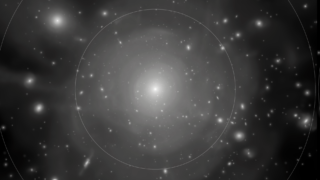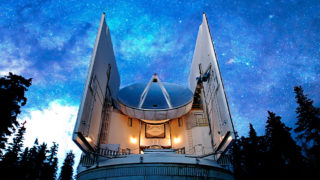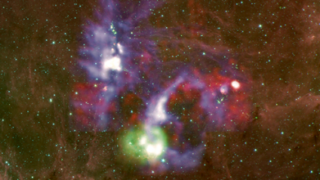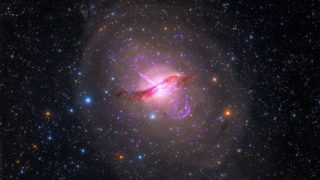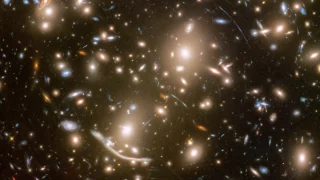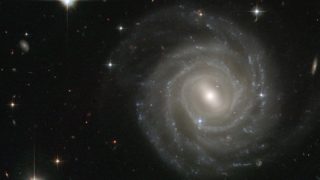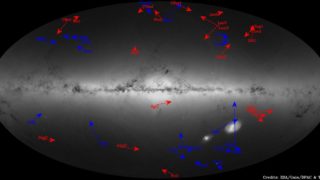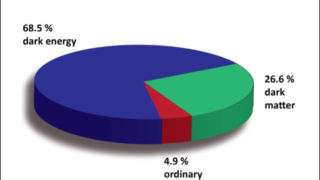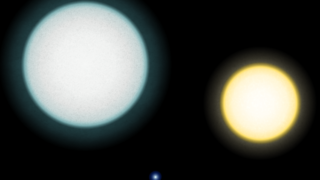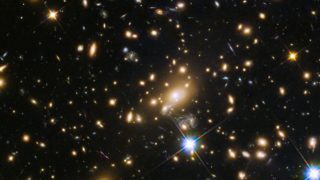
Refsdal measurement of the Universe’s expansion rate
Thanks to data from a magnified, multiply imaged supernova, a team of researchers has successfully used a first-of-its-kind technique based on the Refsdal method to measure the expansion rate of the Universe. Their data provide insight into a longstanding debate in the field and could help scientists more accurately determine the Universe’s age and better […]
